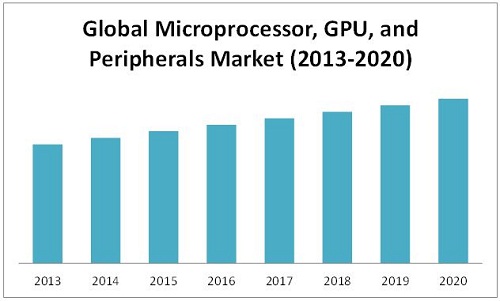In the world of video games, the graphics processing unit, or GPU, is often regarded as the center of any gaming. As players seek richer graphics, smoother gameplay, and immersive experiences, comprehending the role of the GPU becomes vital. The GPU is tasked for rendering images, animations, and video for the display, transforming demanding data into stunning visuals that animate games to life. Whether you are an dedicated gamer or a recreational player, the quality and capability of your GPU can profoundly affect how you experience your favorite titles.
With the GPU market continually transforming, showcasing new technologies and challenging offerings from top companies, making an informed selection can be challenging. As you start building your gaming PC, knowing the nuances of GPUs—from structure and specifications to price-to-performance ratios—will arm you with the knowledge needed to choose the right component. In this article, we will dive deeper into what a GPU is and why it is a crucial element in your gaming setup.
Comprehending GPU Efficiency
GPUs, or GPUs, are essential for rendering images and footage in video gaming and intensive applications. Unlike CPUs, which handle typical calculation tasks, GPUs are designed especially for simultaneous processing, enabling them to manage multiple operations at the same time. This design allows GPUs to excel in tasks such as rendering three-dimensional visuals and processing intricate visual effects, making them a critical element in any custom gaming setup.
When evaluating GPU performance, several important factors come into play. The speed of the clock, memory bandwidth, and the number of processing units are key metrics that help define how effectively a GPU will function under varied gaming conditions. Increased clock speeds typically mean quicker processing speed, while a larger memory bandwidth enables quicker retrieval to information. The number of cores determines how many calculations can be carried out at one time, directly affecting a GPU's productivity and ability in rendering high-res visuals or virtual reality settings.
Additionally, the present GPU market is highly competitive, with multiple manufacturers releasing new versions regularly. This competition drives progress in technology and capability, rendering it important for players and builders to keep up about the latest offerings. Prices fluctuate based on consumer interest and stock, giving consumers a variety of choices but also rendering it important to evaluate the optimal worth for capability when selecting a GPU for video gaming.
Recent Developments in the GPU Market

The GPU market has lately seen major shifts driven by advancements in technology and evolving consumer demands. High-performance computing applications and gaming continue to fuel demand for high-powered GPUs, with companies concentrating on creating graphics cards that can accommodate increasingly complex game graphics and HD displays. The introduction of real-time ray tracing has increased interest, driving both devotees and occasional gamers to seek GPUs that can provide realistic visuals.
In addition to video gaming, there is a increasing interest in GPUs for artificial intelligence and machine learning applications. As industries utilize AI for various purposes, the need for GPUs that can perform parallel computations has surged. This has led to the emergence of specialized GPUs designed for data centers, which cater to businesses looking to optimize their workloads. The fusion of gaming, AI, and media production has resulted in a dynamic GPU market driven by new use cases and advancements.
Another noticeable trend is the impact of supply chain and manufacturing challenges on availability and pricing. gpuprices -19-related disruptions caused major shortages, which have heightened competition among consumers and businesses alike. As producers ramp up production and address supply chain issues, there are signs of price stabilization. However, the demand for high-end GPUs remains strong, affecting market dynamics and paving the way for new entrants and technologies in the coming years.
Choosing the Ideal GPU for Your Build
Selecting the right GPU is essential for any gaming computer build, as it significantly impacts your gaming performance and performance. It is essential to keep in mind your gaming objectives and financial plan when selecting a GPU. There are a wide range of models available in the market, ranging from basic options suitable for casual gamers to high-end cards designed for enthusiasts seeking engaging experiences at ultra settings and settings.
Key performance indicators such as frame rates, supported resolutions, and VR capabilities should also guide your choice. Pay attention to performance reviews for the titles you plan to play, as different GPUs perform in various scenarios. Additionally, ensure that the GPU matches well with your other components, like the CPU and RAM, to avoid bottlenecks that might restrict performance.
Furthermore, keep an eye on the GPU market conditions, as stock levels and pricing can fluctuate significantly. Timing your purchase may help you obtain better prices or more powerful options. Don't forget to consider the possibility for future upgrades as gaming technology evolves, making it sensible to choose a GPU that balances current needs with future-proofing capabilities.
